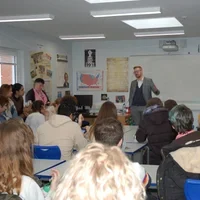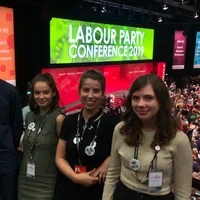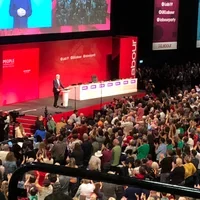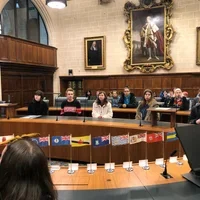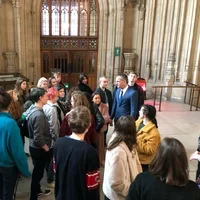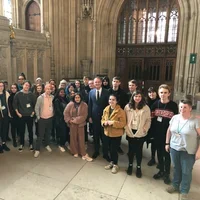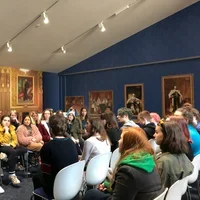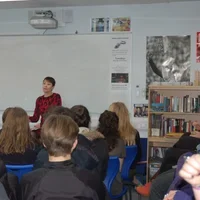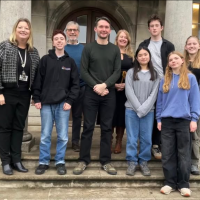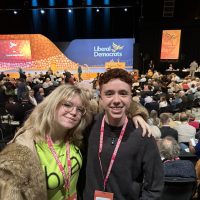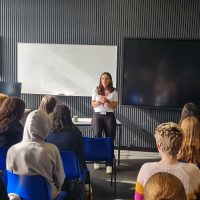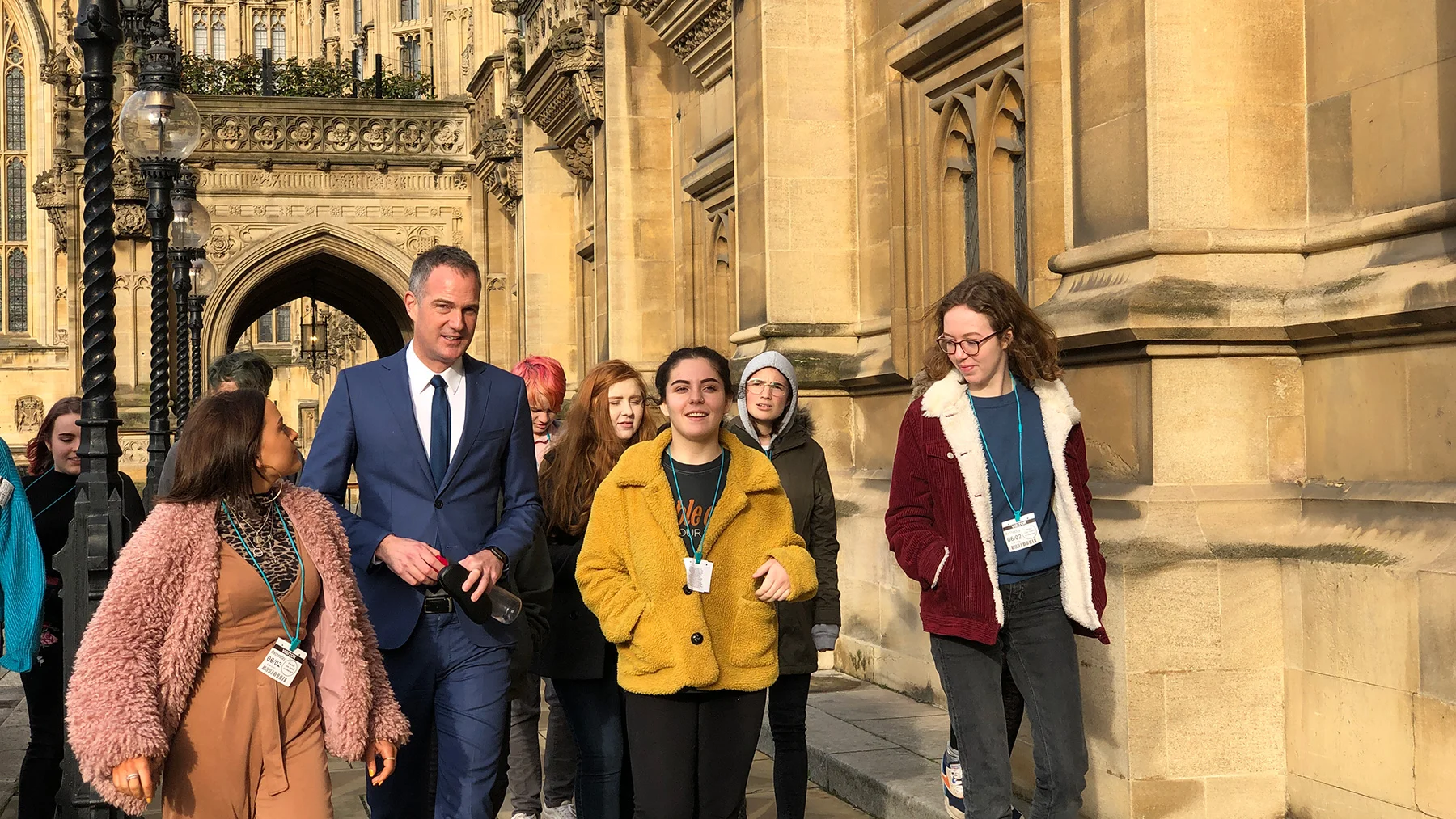
Politics
Politics is about power: who has it, what they can and can’t do with it and how they win and lose it. It is therefore about us, the people, as well as political parties, pressure groups, and international organisations such as the European Union and the United Nations.
Politics A Level is never dull or predictable. The course could hardly be more relevant as you discover what the political parties stand for, whether protest is effective and what your rights are in our democracy. You will learn to identify political arguments and come to understand how your life is affected by political activity. You will explore topics such as why people vote for particular parties – is it the media, the appeal of leaders or are there longer-term factors such as age or class? You will explore the impact of BREXIT, devolution and human rights legislation on the way the UK is governed.
You will also examine the ‘nuts and bolts’ of our political system; the power of the Prime Minister, the role of Parliament and the limitations placed on their powers by the Supreme Court.
Underpinning this are the political ideologies: liberalism, conservatism, socialism and nationalism. Studying these ideologies raises important questions of political philosophy, such as, what makes a just and fair society?
In the second year, you will study Global Politics. We live in a complex world with significant challenges, including global terrorism, poverty, economic instability, weapons proliferation, failing states and environmental degradation. Global Politics gives students an opportunity to develop an understanding of these issues and how the international community addresses them.
Year 1
- UK Politics
- Political ideas: Liberalism, Conservatism, Socialism
- UK Government
Year 2
- Political ideas: Nationalism
- Comparative Politics: Global Politics

Ben Cowdell
Studied: Law, History, Politics, AS Economics + EPQ
Progression: History & Politics, University of Sussex, plus MA in Corruption & Governance
Ben is currently attempting to enter the rail industry (a personal goal which he hopes to combine with his education) as a signaller or similar.
Ben says: “My time at Varndean was invaluable, solidifying and honing my personal and educational skills from secondary school. The homely feel of the college was why I chose it as my first choice, and Varndean gave me a stable and friendly environment with excellent teaching and extra-curricular opportunities (trips, careers, library services etc). The EPQ was particularly useful as it introduced me to the level of writing required at university level and I used the referencing, presenting and evidence gathering skills gained from this qualification at university. This gave me a great advantage amongst my fellow students, especially during the first year.”
Course Essentials
Courses Available
A Level
How The Course is Assessed
100% exam
Career Pathways
Students progress to a wide variety of university degrees. Past students are now working in the House of Commons, as lawyers, journalists, teachers, lobbyists, police officers and in business and the civil service.
Transferable Skills
Debating skills; negotiation; understanding different perspectives; formulating your own opinion; subject knowledge to enable understanding of real-life situations.
Other Information
Varndean has a weekly Politics Society where you can hear a wide range of speakers, from MPs from all parties to pressure group activists. The department also has links to the two local universities and organises lectures from subject experts. Trips are also organised to the Houses of Parliament and party conferences.
Enquiries To
Cathy Bryan: cbr@varndean.ac.uk
News
Varndean College students challenge Labour MP, Chris Ward
Varndean College Principal, Donna-Marie Janson, along with members of the College Student Union, and Varndean School Headteacher, Shelley Baker, attended a very positive Citizens UK meeting with Labour MP for Brighton Kemptown and Peacehaven, Chris Ward.
Chris Ward, who is also the Prime Minister’s parliamentary private secretary, was questioned whether civil servants from the Department of Education and the Department for Health and Social Care could come and visit to see how our mental health work is being implemented across the city and whether this could then be fed into what the Government is planning to undertake on a national level. Chris agreed.
Chris also agreed to work in collaboration with us to ensure that local senior NHS leaders engage with our mental health work, to ensure a better strategy is created to reduce the pressures currently placed on CAMHS (Child & Adolescent Mental Health Service).
Students attend Liberal Democrats conference in Brighton
In 2024 our Politics students attended the Liberal Democrats Conference in Brighton.
They explored the exhibition, listened to a debate on voting reform, and had the opportunity to hear Daisy Cooper deliver her excellent deputy leader speech.
They also managed to meet up with James MacLearly MP. What a great opportunity to see politics in action!
Sarah Webster talks at Varndean Politics Society
We welcomed Sarah Webster to Varndean College in 2024 to speak to our students for our Politics Society.
Sarah, who stood as the Conservative candidate for Brighton Pavilion in the 2024 General Election, shared her journey into politics, discussing her values and the motivations behind her decision to get involved in public service. She answered questions on Brexit and immigration, planning controls and austerity, and how the party can engage with younger voters.

